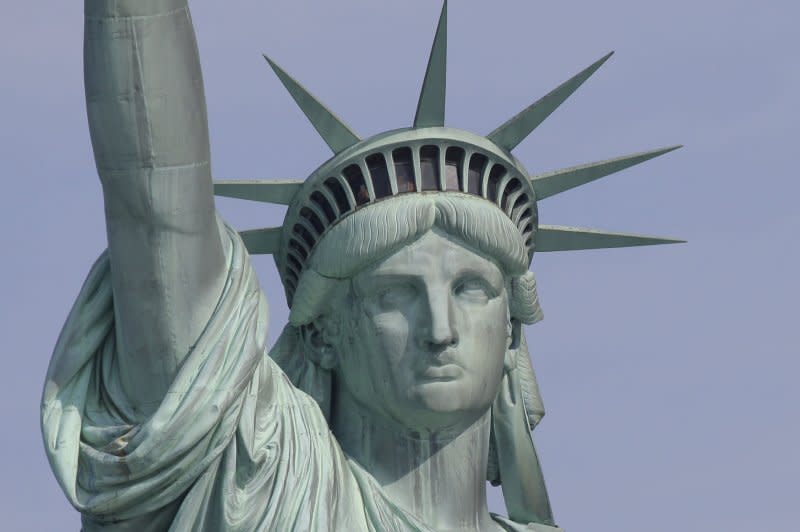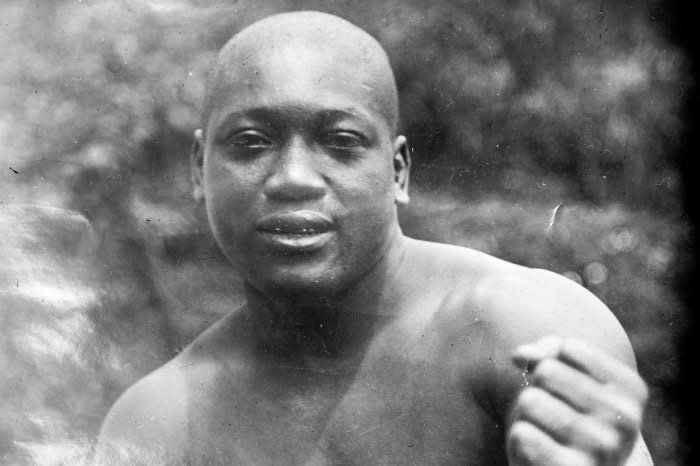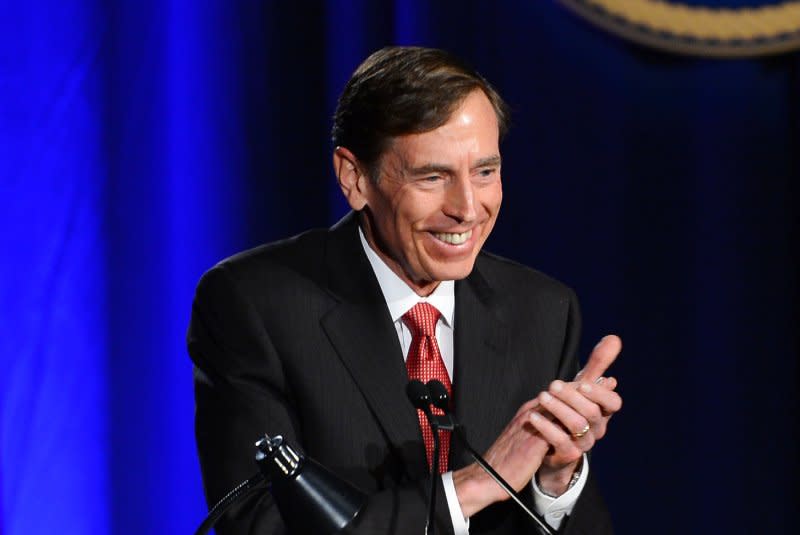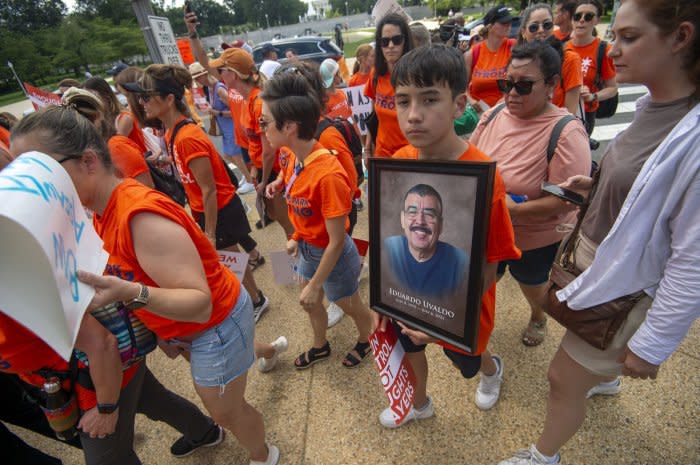On This Day, July 4: Continental Congress adopts Declaration of Independence

July 4 (UPI) -- On this date in history:
In 1776, the Continental Congress adopted the Declaration of Independence, proclaiming U.S. independence from Britain.
In 1826, in one of history's notable coincidences, former U.S. Presidents John Adams and Thomas Jefferson both died, 50 years to the day after the Declaration of Independence was adopted.
In 1863, Union troops defeated Confederate forces in a battle at Vicksburg, Miss.
In 1895, the poem "America the Beautiful," by Wellesley College Professor Katherine Lee Bates, was published. The poem with music by Samuel A. Ward was published as a song in 1910.

In 1910, African-American boxer Jack Johnson took on former undefeated heavyweight champion James J. Jeffries, beating him in 15 rounds, to stake his claim as the as the greatest heavyweight in the world.


In 1939, Lou Gehrig gave his "luckiest man on the face of the Earth" speech in announcing his retirement from the New York Yankees. Gehrig had been diagnosed with amyotrophic lateral sclerosis, a debilitating motor neuron disease. United Press writer Jack Cuddy wasn't impressed with the Yankees' "Lou Gehrig Appreciation Day," saying doctors made up his ailment to explain his unexpected retirement.
In 1976, Israeli commandos raided the airport at Entebbe, Uganda, rescuing 103 hostages held by Arab militants.

In 1986, more than 250 sailing ships and the United States' biggest fireworks display honored the Statue of Liberty in its 100th birthday year.
In 1995, the British Parliament reconfirmed John Majors as prime minister.

In 1997, NASA's Pathfinder reached Mars to become the first U.S. spacecraft to land on the planet in more than two decades. Pathfinder returned more than 16,000 images and some 8.5 million measurements back to Earth before its final transmission on September, 27, 1997.

In 2006, North Korea test-launched seven ballistic missiles in what it called "routine military exercises," causing a firestorm of anger among its neighbors and the United States.
In 2010, U.S. Army Gen. David Petraeus took command of the Afghan war, acknowledging the "tough fight" ahead for NATO forces while pledging "We are in this to win."
In 2013, the Statue of Liberty reopened to the public nine months after it was closed because of damage caused by Hurricane Sandy.
In 2018, Hong Kong's high court ruled unanimously that same-sex couples are entitled to spousal visas like married heterosexual couples.
In 2022, seven people died and dozens others were injured in a mass shooting during an Independence Day parade in Highland Park, Ill., near Chicago. Far-right activist Robert Crimo III, then 22, was charged with murder for the shooting.



